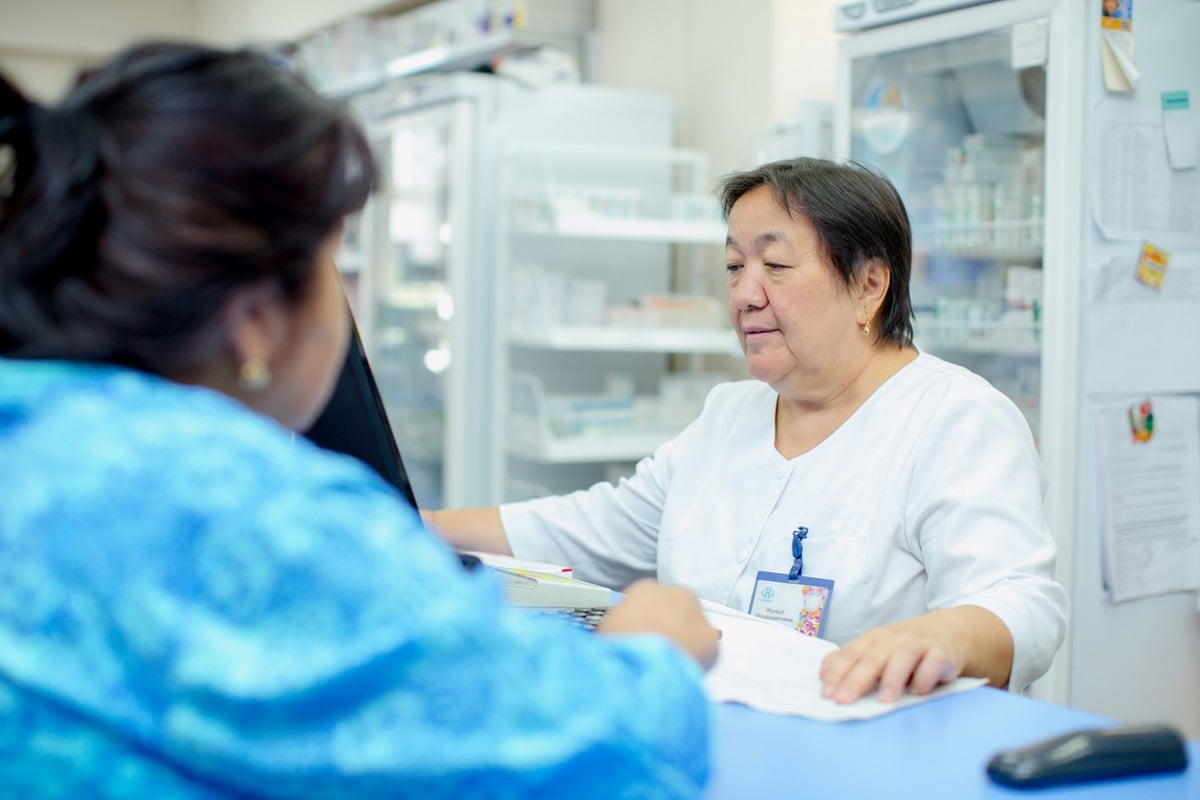The World Health Organization (WHO) has issued a medical product warning about counterfeit semaglutides, the type of drugs used in some countries to treat type 2 diabetes and obesity.
The alert concerns three counterfeit consignments of semaglutide class medicines (of the specific brand Ozempic), which were delivered in October 2023 in Brazil, in October 2023 in the United Kingdom of Great Britain and Northern Ireland and in October 2023 in the United States of America have been found. December 2023. The WHO Global Surveillance and Monitoring System (GSMS) has observed increasing reports of counterfeit semaglutide products in all geographic regions since 2022. This is the first official notice issued by WHO after confirming some of the reports.
“WHO advises healthcare professionals, regulators and the public to be aware of these counterfeit batches of medicines,” said Dr. Yukiko Nakatani, WHO Deputy Director-General for Access to Medicines and Health Products. “We call on stakeholders to stop any use of suspected drugs and report it to the relevant authorities.”
Shortage of supplies and increasing counterfeiting
The semaglutides, including the specific brand product that is adulterated, are prescribed to people with type 2 diabetes to lower their blood sugar levels. Semaglutides also reduce the risk of cardiovascular events. Most semaglutide products must be injected under the skin weekly, but they are also available as tablets that are taken by mouth daily. These drugs have been shown to suppress appetite and lower blood sugar levels, and are therefore increasingly prescribed for weight loss in some countries.
The WHO has noted increased demand for these drugs, as well as reports of counterfeiting. These counterfeit products can have harmful effects on people’s health; If the products do not have the necessary raw materials, counterfeit medications can lead to health complications due to unmanaged blood sugar levels or weight. In other cases, there may be another undeclared active ingredient in the injection device, for example insulin, leading to an unpredictable range of health risks or complications.
Semaglutides are not part of the WHO recommended treatments for diabetes management due to their current high cost. The cost barrier makes these products unsuitable for a public health approach, which aims to ensure the broadest possible access to medicines at the population level and to balance the best-established standard of care with what is achievable on a large scale in terms of resources. -limited settings. There are also more affordable treatments available for diabetes, with effects similar to those of semaglutides on blood sugar levels and cardiovascular risk.
The WHO is currently developing a guideline for rapid advice on the potential use of GLP-1 RAs, including semaglutides, for the treatment of obesity in adults and as part of a more comprehensive care model. The term GLP-1 RAs stands for glucagon-like peptide-1 receptor agonists, including semaglutides, for a class of drugs used to treat diabetes to lower blood sugar levels and support weight loss.
Individual action
To protect themselves from counterfeit medications and their harmful effects, patients using these products can take actions such as purchasing prescription medications from licensed physicians and purchasing medications from unknown or unverified sources, such as those available online. to be found, to avoid.
People should always check the packaging and expiration dates of medications when purchasing them, and use the products as directed. In the case of injectable semaglutides, patients should ensure that they are stored in the refrigerator. All reports of counterfeit medicines can be sent to WHO at rapidalert@who.int.
